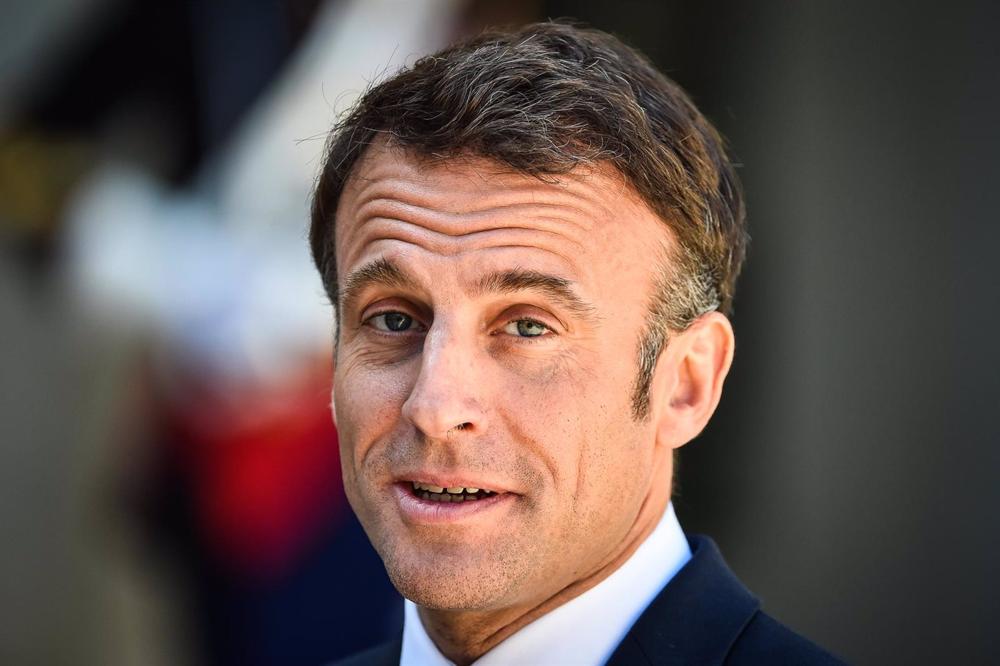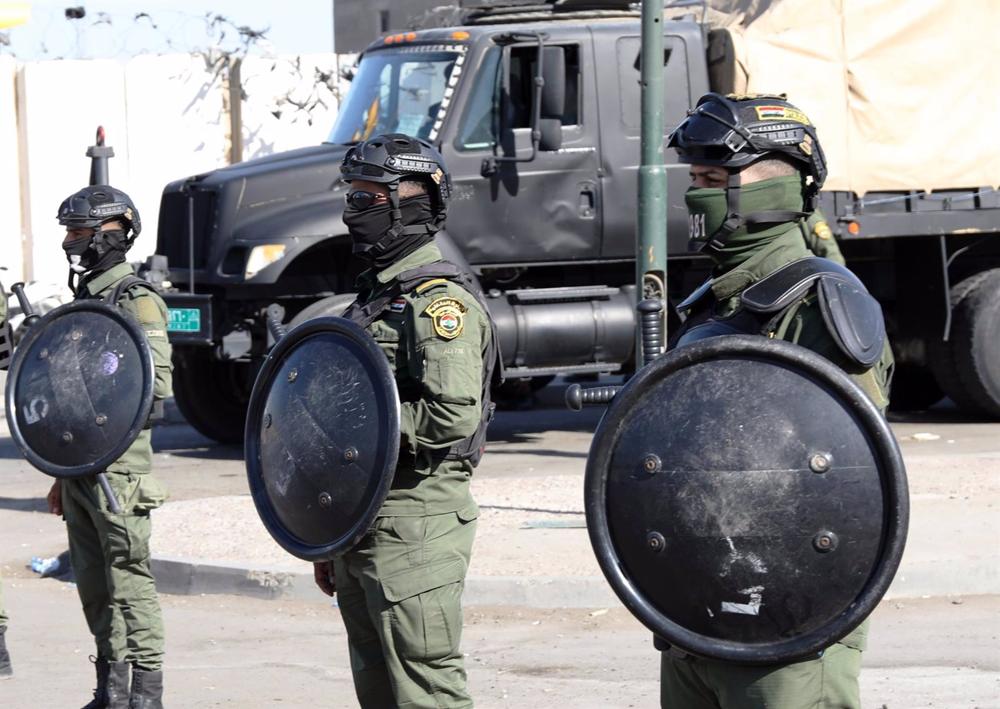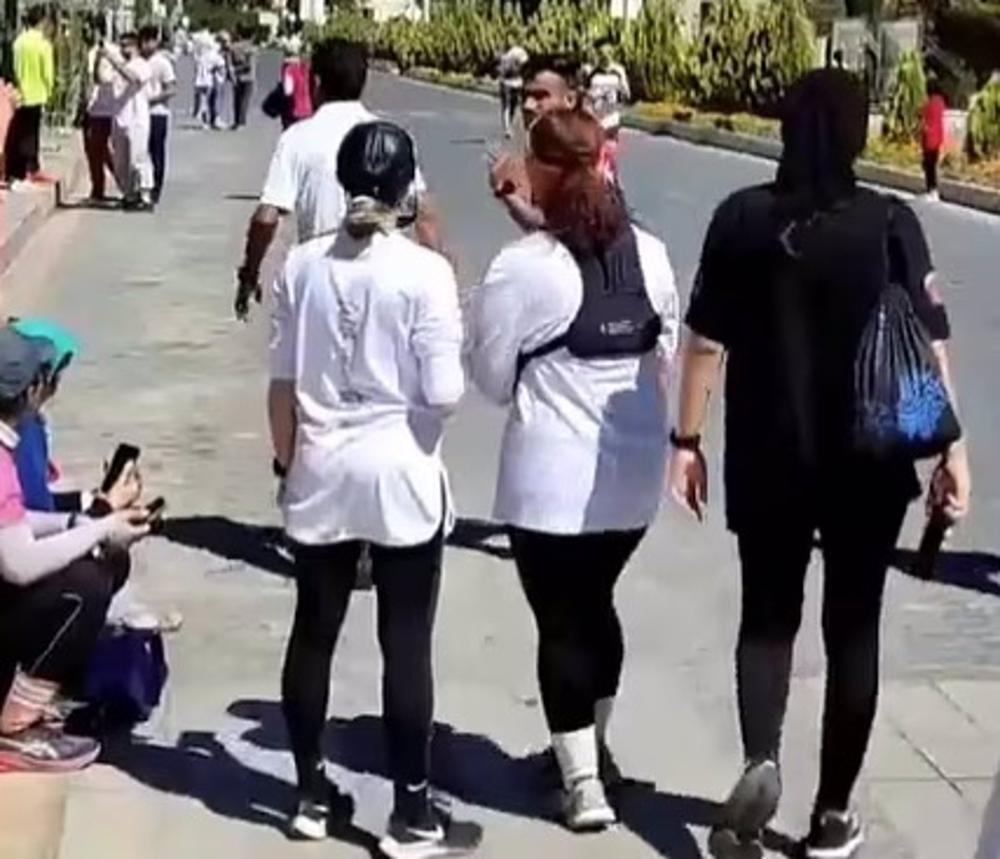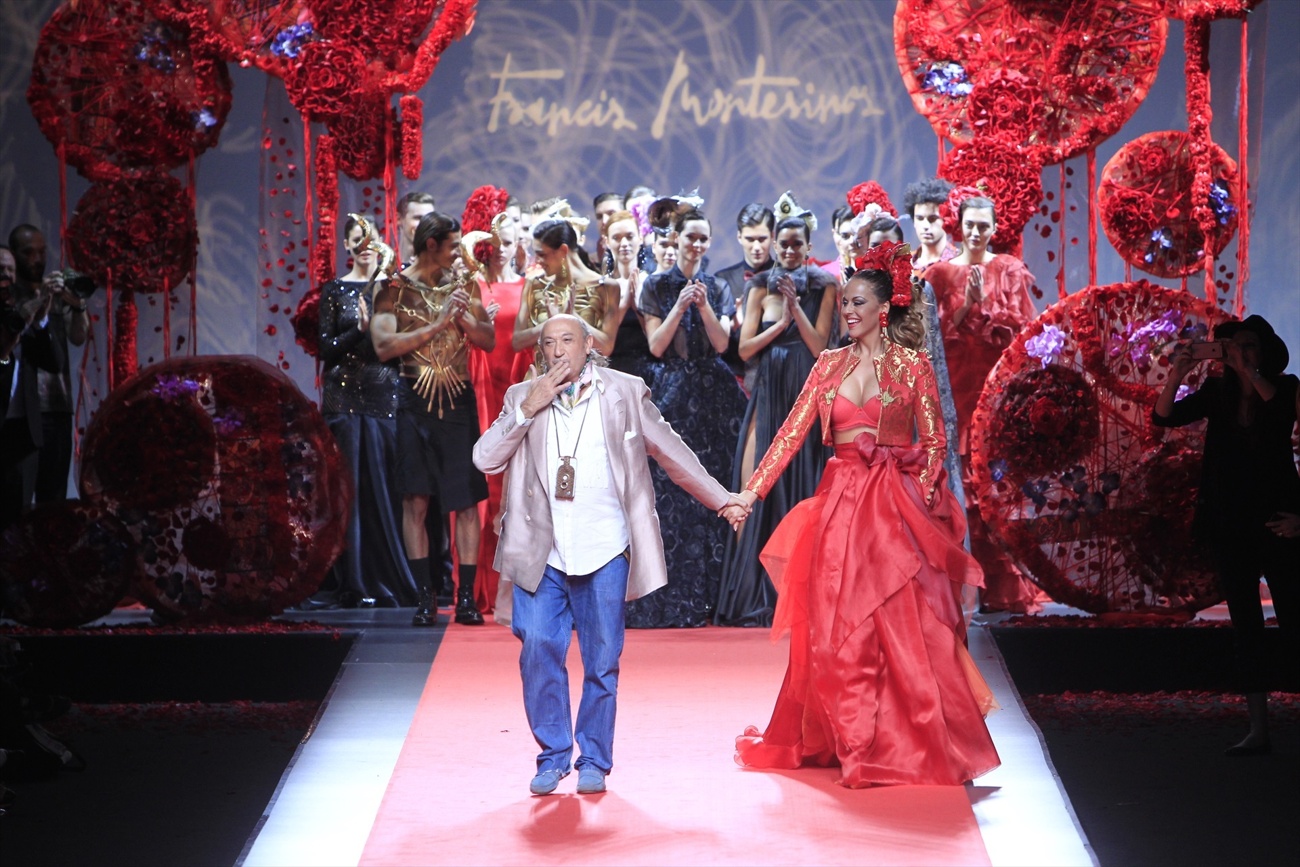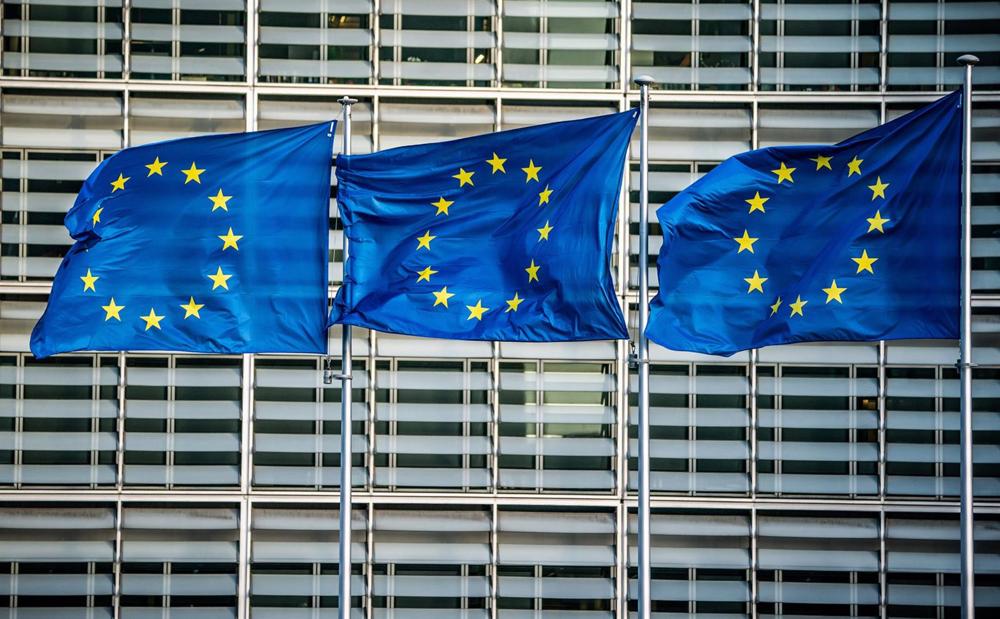
European Union foreign ministers meet Monday in Brussels for a meeting with the new round of sanctions against Russia on the table and the agreement to expand the fund to send arms to Ukraine up in the air over Hungary’s threat to veto further restrictions against Moscow.
As it is, following an exchange with Ukrainian Foreign Minister Dimitro Kuleba via videoconference, their European counterparts are expected to consider the ninth package of European sanctions against Russia, after a senior EU official said they will «make decisions» on the new batch.
The round in retaliation for the wave of attacks on civilian infrastructure in Ukraine envisages restrictions on the export of drones and adding 200 individuals, including senior military commanders and politicians, to the European blacklist, as well as expanding restrictions on the Russian finance sector and exports.
It remains to be seen whether the conditions are finally in place to give the green light to the package, amid fears from several delegations that Budapest will veto the initiative, which needs the unanimity of the EU-27, after assuring that it will not agree to further sanctions against Russia. «There is an elephant in the room,» diplomatic sources indicate in reference to the Hungarian position, while insisting that the sanctions package is key to continue exerting pressure on Moscow and demonstrate that the EU is not losing steam in its support for Kiev.
HUNGARIAN BLOCKADE The Hungarian blockade threat extends to other initiatives such as extending the European Peace Facility, with which the EU has sent arms to Kiev since the beginning of the Russian invasion, the €18 billion macro-financial assistance for 2023 and even the agreement for a 15 percent corporate tax rate for multinationals.
«There is a high probability that it will go ahead, but predicting what Hungary will do is a risky business, if you look at the past in the end they have never blocked but now we are in a very specific situation,» said a European diplomat, referring to the open conflict between Brussels and Budapest over European funds. As it is, several diplomatic sources see it as more likely that the ninth round of European sanctions will go ahead during the week, preferably before the EU leaders’ summit on December 15.
Another agreement that Budapest threatens to boycott at Monday’s meeting is the new funding for the European Peace Facility, the EU’s key instrument for supplying arms to Kiev, which is at a low ebb after having exhausted almost all of it. It currently has only 810 million of the initial budget of more than 5 billion until 2027, putting at risk the financing of the security and defense policy of the bloc.
Brussels’ proposal is to approve a first batch of 2 billion in order to have new funds as of January, with the idea of extending the ceiling to 5.5 billion throughout 2023, according to other European delegations.
MEASURES AGAINST IRAN The ministers will have on the table the situation in Iran, where protests continue over the death in custody of the young Mahsa Amini, violently responded by Tehran, which has extended the repression, even executing a person arrested only three weeks ago during the demonstrations.
In this sense, a step forward is expected from the EU with more sanctions, a move that once again calls into question the possibilities of restoring the Iranian nuclear pact, after months of negotiations with Tehran that have not borne fruit to revive a pact that diplomatic sources see as «dead».
Before all these discussions, the EU foreign ministers will hold a meeting with the Eastern Partnership countries, i.e. Moldova, Ukraine, Georgia, Armenia and Azerbaijan, in what will be another opportunity to show support for the region in the face of the consequences of the war in Eastern Europe. The idea is to discuss what the European bloc can do to help strengthen stability and prosperity in the region, improving the resilience of the area and bringing it closer to the EU.
